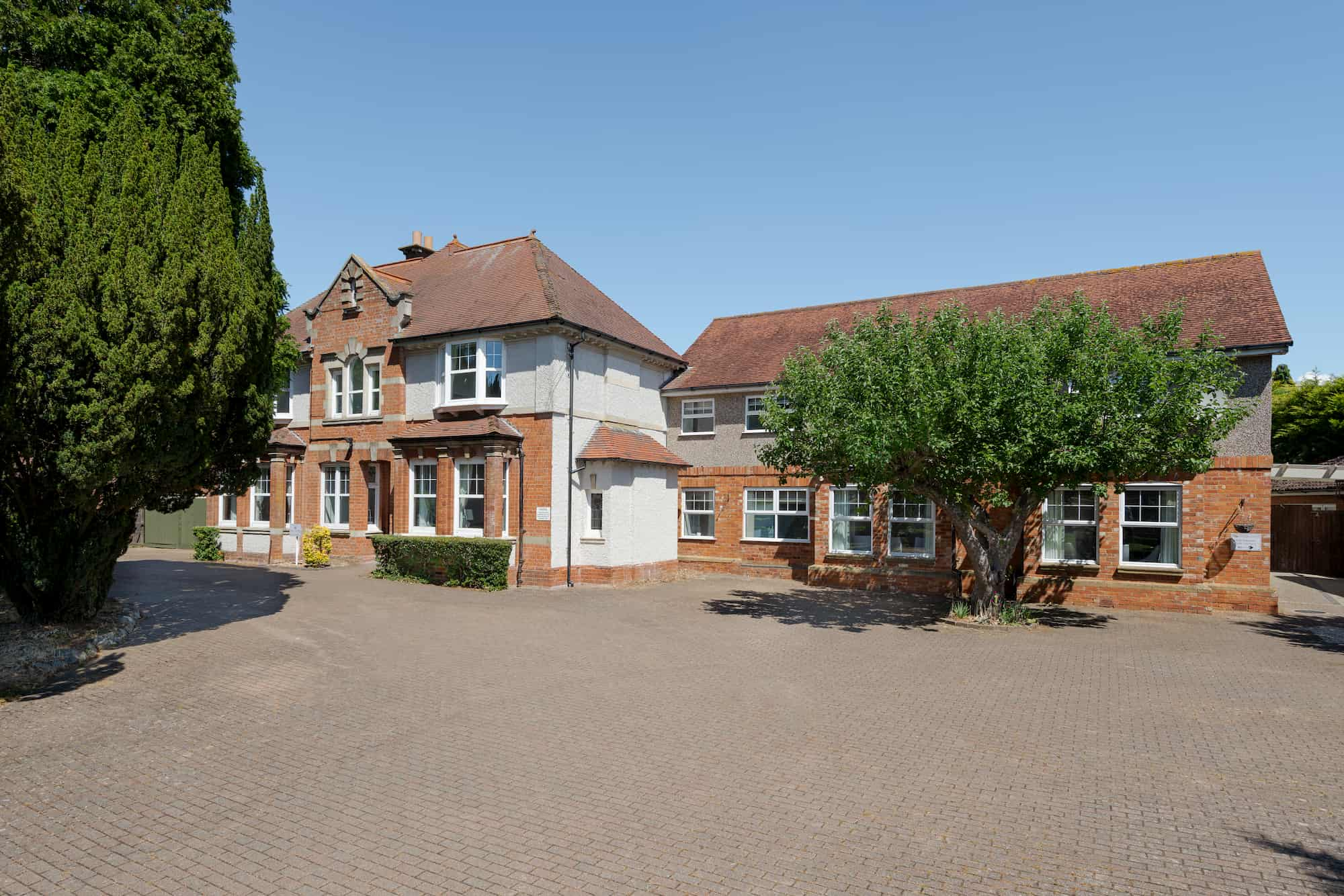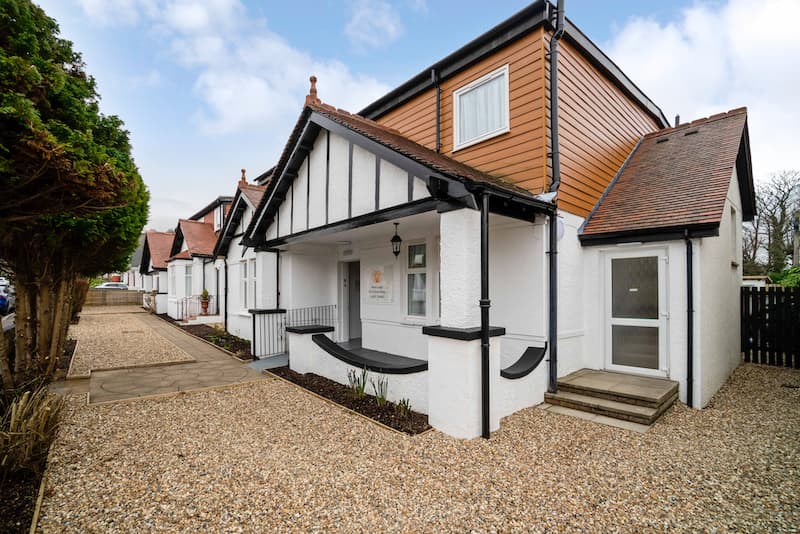Addiction is a complex condition marked by compulsive behaviours and long-lasting changes to the way the brain works, particularly in areas such as processing pleasure and reward.
The American Society of Addiction Medicine (ASAM) says: “Addiction is a treatable, chronic medical disease involving complex interactions among brain circuits, genetics, the environment, and an individual’s life experiences. People with addiction use substances or engage in behaviours that become compulsive and often continue despite harmful consequences.”1
The compulsive element, along with changes in the brain and other factors such as physical dependency and the potential for withdrawal symptoms, all combine to make addiction difficult to beat without expert help. Crucially, though, addiction is a treatable condition. Decades of research and practical experience have allowed experts in the field of addiction recovery to design treatment programmes that work.
If you are struggling with an addiction to drugs or alcohol, undergoing one of these programmes at a drug and alcohol rehab in Dronfield could be your best option for making a full and long-lasting recovery.
Private Drug and Alcohol Rehab
There are a number of routes to go down when looking for treatment for a drug or alcohol addiction. There are drug and alcohol services available via the NHS, but there are limitations regarding the types of treatment and facilities you can access for free. The sad truth is that resources are stretched in this area, meaning there might be waiting lists involved. Treatment available through the NHS is also almost entirely provided on an outpatient basis.
This means you stay at home and go to treatment sessions at clinics and other locations, which can be difficult if you struggle with organisation and motivation. It also leaves you exposed to triggers and temptations, which can be a big problem, especially when detoxing and going through withdrawal. Any therapies offered are not likely to be as in-depth as those offered at an inpatient rehab.
At a private drug and alcohol rehab, by contrast, you will be in a comfortable and secure place with no access to drugs and alcohol and safely away from the people, places and situations associated with your substance misuse. This allows you to focus on your recovery programme, which will usually be delivered in a very structured and organised way. You will be able to undertake a drug and alcohol detox in a supervised environment, with round-the-clock support and medical care when and if you need it.
A residential rehab will also provide carefully planned nutrition, often with its own experienced chefs on hand, to help your system start to recover from the pressure you are likely to have put it under.
What is Drug and Alcohol Detox?
Alcohol and/or drug detox, more properly known as detoxification, is when your body eliminates the elements of drugs or alcohol remaining in your system. Essentially, this is the part of recovery in which you actually ‘sober up’, and it is usually a key part of any recovery journey. Over time, your system becomes used to the chemicals provided by drugs or alcohol and may adjust the way that it produces its own chemicals such as dopamine.
Alcohol is a depressant, for example, and with prolonged use, your brain can compensate by producing more chemicals to stimulate the central nervous system. When the alcohol is removed, this can result in a range of unpleasant and potentially dangerous withdrawal symptoms. These could include headaches, shivers, sweating, nausea and vomiting and – at the more serious end of the scale – hallucinations, increased blood pressure, racing heart, breathing issues and even seizures.
The withdrawal symptoms can vary depending on the substance involved and other factors, but all can be very challenging. It is much better to undergo this process under medical supervision if possible. This means you can receive medical attention if you need it, and you may also benefit from prescription medications that can help with some of the withdrawal symptoms and cravings.
What Treatments and Therapies are Available?
Some people do attend alcohol and drug rehab having not used alcohol or drugs for a while but detox is usually the first big step when someone checks into rehab. It is a very important one but it is not the end of the journey. You will also take part in a range of therapies aimed at exploring the root causes of your addiction, helping you to develop coping strategies and to change the way you think about drugs and alcohol.
This will be done mainly through a programme of therapies. The exact combination offered can vary between rehabs, and you will also be offered a tailored treatment plan based on your own individual situation and requirements. Some common techniques, however, include cognitive behavioural therapy (CBT), group therapy and one-to-one counselling.
Other treatments offered could include relapse prevention sessions, mental health treatment, nutritional therapies and exercise programmes (carefully planned with your current state of health and physical fitness in mind). Some places may offer well-being therapies such as art and music therapy, mindfulness and meditation.
How Will I Get Support After Drug and Alcohol Rehab?
The treatment programme aims to help you remain clean and sober and resist pressures, triggers and temptations as you continue down the road. The therapy programmes and relapse prevention sessions will give you the tools and knowledge you need to do this but sticking to that road can still be difficult. This is why you will also receive ongoing support in the form of a personal aftercare package to help keep you motivated when things get tough.
How We Can Help
There are many different rehab centres out there, and you might not know where to start, especially when you are still in the grip of addiction. We offer a referral service to help put people with addictions in touch with the best place for their unique situation. Contact us today to find out more and for 100% confidential advice.



